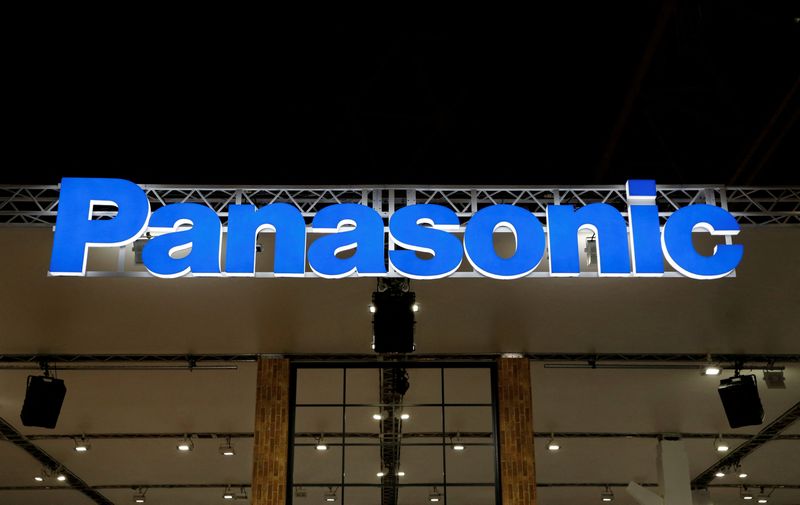By Paul Lienert
(Reuters) - Panasonic (OTC:PCRFY) Corp will buy remanufactured battery cathode material from Redwood (NYSE:RWT) Materials, beginning in 2025, for the Japanese battery maker’s new Kansas plant, the companies said on Tuesday.
The multi-year deal, valued at several billion dollars, is the latest industry move aimed at shortening global supply lines and reducing U.S. manufacturing dependence on China, which mines and refines much of the key materials that go into electric vehicle batteries, including nickel, cobalt and lithium.
Those targets are a focus of U.S. President Joe Biden's Inflation Reduction Act, which aims to build up a battery materials supply base in North America.
“The IRA just accelerated this entire transition” of the battery supply chain, Redwood Materials Chief Executive J.B. Straubel said in an interview. He expects the company to be the first to produce cathode material at volume in North America.
Five-year-old Redwood Materials has a long partnership with Panasonic, which builds battery cells in Nevada in a joint venture with Tesla (NASDAQ:TSLA). Redwood recycles Panasonic scrap materials from that factory, and has an agreement to supply Panasonic at the Nevada plant with remanufactured anode copper foil.
Redwood Materials, based in Carson City, Nevada, has kept expanding its business well beyond recycling. The company has said it is spending billions of dollars to scale up production of cathode and anode material by 2025 to 100 gigawatt-hours — enough to supply 1 million EVs — then increase that capacity fivefold, to 500 GWh by 2030.

The cathode is the most expensive component of a battery cell, representing up to 50% of the cost. By onshoring the supply of critical materials, in part through recycling and remanufacturing, Redwood and others hope to trim that expense over the next few years.
Redwood’s partners include some of the world’s largest automakers, notably Toyota Motor (NYSE:TM) Corp, Ford Motor (NYSE:F) Co and the Volkswagen (ETR:VOWG_p) Group.